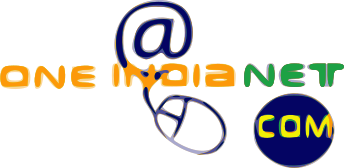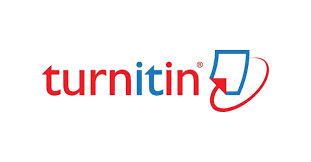As artificial intelligence (AI) continues to advance, concerns surrounding the authenticity of student work have become more prominent. Turnitin, a widely recognized plagiarism detection tool, has been at the forefront of ensuring academic integrity.
However, with the emergence of sophisticated AI language models like ChatGPT, questions arise regarding Turnitin’s effectiveness in detecting AI-generated content.
In this blog post, we delve deeper into Turnitin’s response to AI-assisted writing, examine the challenges it faces, and highlight the evolving role of educators in fostering academic integrity in an AI-driven world.
Understanding Turnitin’s Functionality:
Turnitin has established itself as a trusted plagiarism detection solution, serving as a cornerstone for educators and instructors.
By comparing submitted work against an extensive database comprising academic sources, online content, and previously submitted papers, Turnitin generates a similarity score that helps assess the originality of the content.
Its accuracy and comprehensive approach have made it an indispensable tool in academic institutions worldwide.
Turnitin’s Response to AI-Assisted Writing:
Acknowledging the prevalence of AI-assisted writing, Turnitin has taken steps to develop AI writing detection capabilities.
As of April 2023, Turnitin plans to integrate these capabilities, encompassing the recognition of ChatGPT writing, into its core integrity writing products.
This proactive measure aims to address concerns surrounding the authenticity of student work and safeguard academic integrity in an evolving technological landscape.
The Challenges of Detecting AI-Generated Content:
While Turnitin strives to enhance its detection capabilities, detecting AI-generated content poses several challenges. False positives and false negatives have been reported, raising questions about the accuracy and reliability of the detection process.
These challenges necessitate continual improvement and fine-tuning to ensure that AI-generated content is accurately identified, and genuine student work is not mistakenly flagged.
Ethical Considerations and the Role of Educators:
The integration of AI writing tools brings ethical considerations to the forefront of the academic community.
While these tools offer valuable assistance in generating ideas and refining writing skills, they also present opportunities for academic misconduct. Educators play a pivotal role in educating students about responsible AI tool usage, cultivating critical thinking skills, and nurturing a strong sense of academic integrity.
The Importance of Critical Thinking Skills:
As AI language models become more sophisticated, critical thinking skills are paramount for students. The ability to differentiate between their own ideas and AI-generated content is crucial in maintaining academic integrity.
Educators should emphasize the importance of critical thinking, originality, proper citation, and effective paraphrasing techniques.
Plagiarism detection tools such as Turnitin serve as valuable resources to flag potential issues, but ultimately, students must take responsibility for ensuring the authenticity of their work.
The Future of AI Writing Detection:
As AI language models continue to evolve, the future of AI writing detection remains a topic of ongoing development.
Turnitin’s integration of AI detection capabilities, including the recognition of ChatGPT-generated content, marks a positive step forward. However, the rapid advancements in AI technology pose ongoing challenges.
Adapting detection methods, refining algorithms, and maintaining up-to-date databases will be essential in effectively identifying AI-generated content and maintaining academic integrity.
Final Thoughts
Turnitin’s commitment to addressing AI-assisted writing and incorporating AI writing detection capabilities is commendable.
While challenges persist, educators, in partnership with plagiarism detection tools like Turnitin, play a pivotal role in shaping the ethical use of AI writing tools and nurturing critical thinking skills among students.
The evolving landscape of AI-generated content demands ongoing vigilance, adaptability, and collaboration to ensure academic integrity in an AI-driven world.
By fostering an environment that encourages originality and responsible AI tool usage, educators can guide students towards academic excellence while navigating the possibilities and challenges posed

